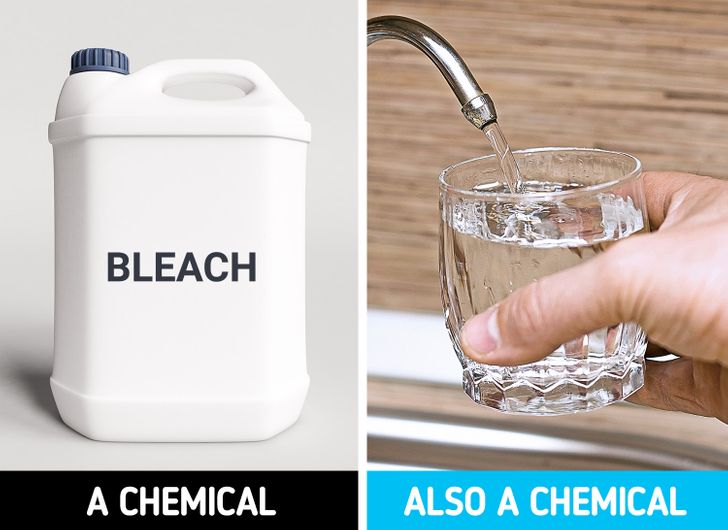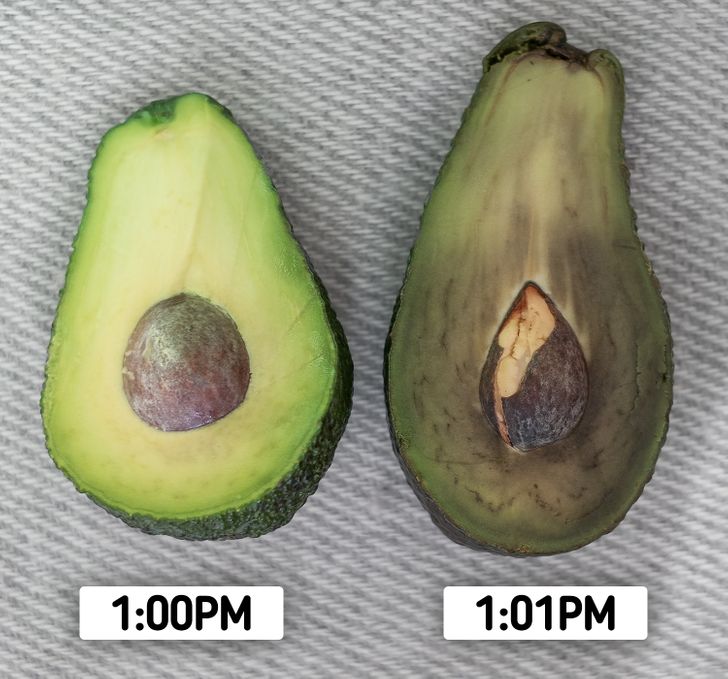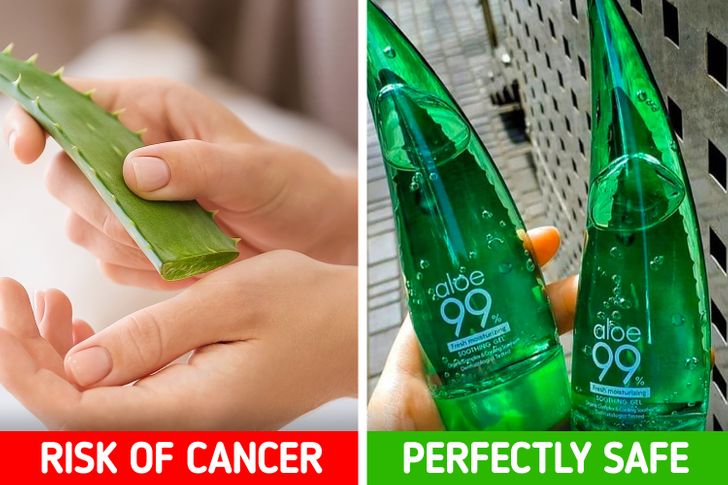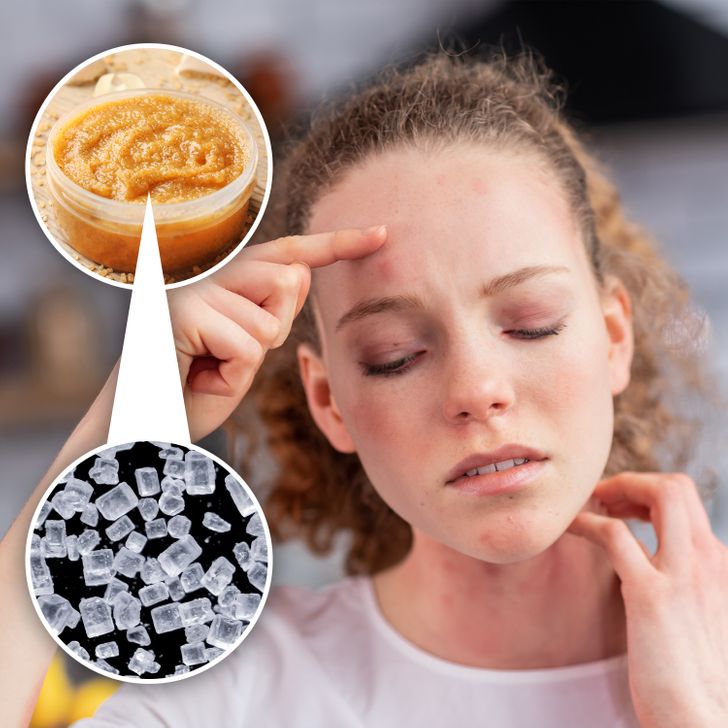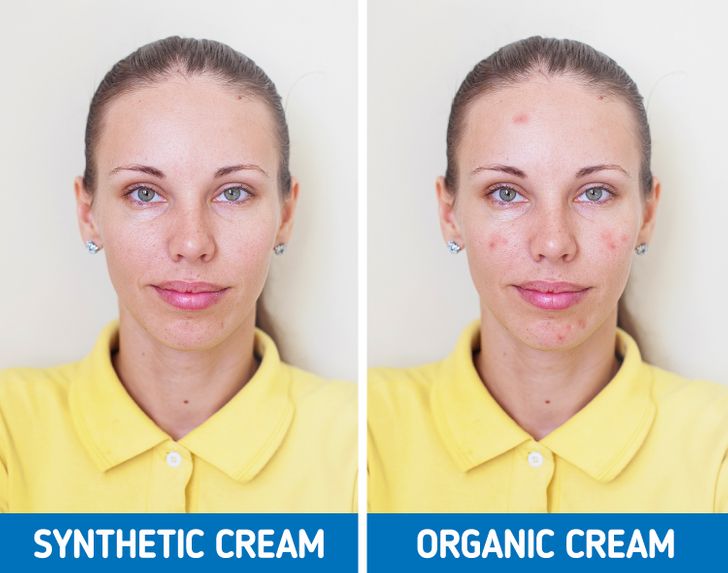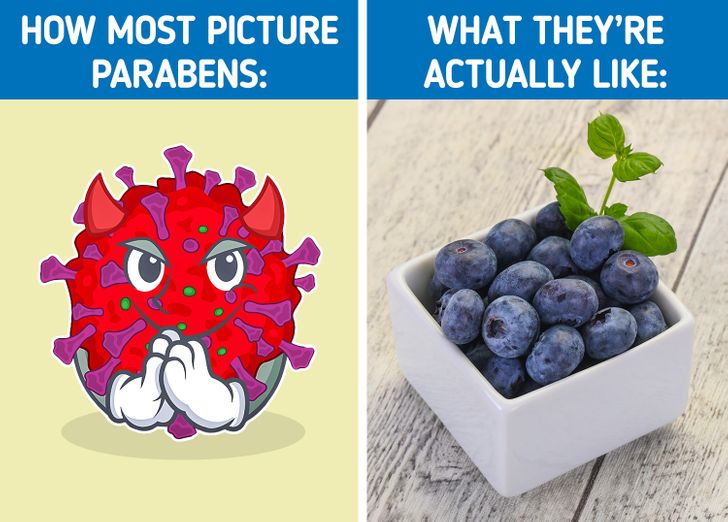gud
Why Switching to All-Natural Beauty Products Can Do More Harm Than Good
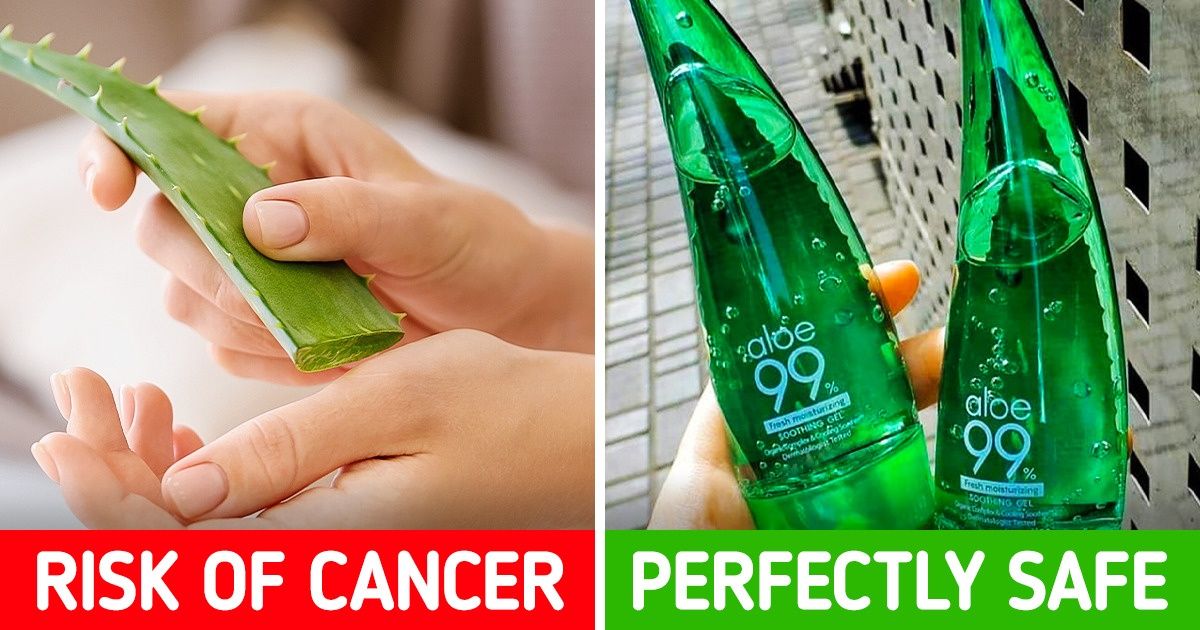
The word “organic” definitely sounds more appealing than something artificially manufactured, but it’s all an illusion. For example, not long ago there was a mass hysteria surrounding food containing GMOs (genetically-modified organisms). People were urged to switch to organic produce and eat clean, but so far it’s been proven that GMOs have no negative impact on us if we consume them. Today, we’re going to prove the same thing, but with “natural” skincare.
If you’ve been wondering whether you should swap your mass-market beauty products for organic skincare, we at Bright Side discovered what exactly is hiding behind these choices.
“Chemical-free” is false advertising.
Let’s start with basics: if you see the word “natural” on the label, it doesn’t mean it’s chemical-free, and the word “chemical” sounds unnecessarily threatening. Water is a chemical too, you know. In addition, dermatologists explain that “natural” products aren’t as well researched as the properly regulated ones. Bottom line is, start reading the ingredient list on the back instead of trusting what the front label says.
All-natural products have a very short shelf-life.
Now, while this point might not be a deal-breaker for some, you still need to be mindful of when your natural product expires, especially if you’ve made it yourself. Organic ingredients last, on average, 3 months, so restocking is going to be your priority. Do not use natural products past their expiration date as they can grow mold and yeast, especially if they contain water.
Unprocessed natural ingredients can be extremely harmful.
When ingredients are formulated in a lab, regardless of whether they’re synthetic or natural, they’re manipulated in a way that retains only their best properties and that filters out the rest. Let’s take a look at aloe vera, a very popular soothing ingredient in many creams that do, in fact, work. However, raw aloe vera juice contains carcinogens that might cause cancer. This is exactly why processed doesn’t necessarily mean bad.
Physical exfoliation is more damaging than chemical exfoliation.
Exfoliation is a very beneficial skin care treatment — it removes dead skin cells allowing for regeneration and an overall fresh-looking face. Obviously, when using natural exfoliants you can only go the physical route, which is much harsher on your skin. Sugar, which is one of the most popular ingredients in organic scrubs, has big molecules that scrape your skin leaving it with tiny scratches. Chemical exfoliants on the other hand, are surprisingly much more gentle and effective. Both methods of exfoliation have to be performed properly, so always consult a dermatologist first.
The allergy and hypersensitivity risk is too high.
Very often people who turn to natural skincare suffer from skin sensitivity and assume that their breakouts are a reaction to chemical ingredients. However, many things that we consider natural can cause allergies, like for example eucalyptus, rosemary, tea tree oil, and especially anything citrus-based. At the same time, some products that are formulated in the lab are much more stable, less acidic, and are made specifically for sensitive skin.
Not all parabens are scary.
“Parabens” are like the ultimate boogeyman word in skincare. However, parabens and preservatives are what keeps our products stable and helps our skin absorb them. There are no conclusive studies that they harm us, which is why they’re generally recognized as safe, as long as they make up less than 0.1% of the ingredients. In addition, parabens can naturally occur in fruits, like blueberries, strawberries, and olives.
Now you see why “all-natural” and “chemicals” are just words that conceal a completely different picture. Where do you stand on natural vs. formulated skincare? Have you ever had a bad experience with organic products?
Comments
Hmmm. Is raw aloe vera juice really bad. I mean, one time my thigh was bleeding because of a cut on a stone, and applying aloe vera juice sped up the healing process by 3 times. I know because I got cuts like that before and the healing process was 3 times slower than this time.
Related Reads
I Refused My DIL’s Outrageous Diet Demands—I’m Not an On-Call Chef

I’m Childfree and I Left My Legacy to My Niece, Now My Stepdaughter Is Livid

I Kicked Out My Stepdaughter After She Ruined My Son’s Birthday Party

12 Family Secrets That Could Rival Any Hollywood Storyline

I Tried Reporting My Toxic Boss, but HR’s Policy Made Me Regret It

15 Stories That Prove a Small Spark of Kindness Can Light Up a Fading Soul

I Refuse to Keep Paying for “Family Trips” I Never Get to Go On

I Refused to Let My Stepmother Dictate My Wedding—I Have Been Too Kind

13 Times People Accidentally Uncovered Someone’s Biggest Secret

I Refuse to Keep Supporting My Daughter and Her 5 Kids for Free

I Refuse to Beg for Time With My Grandson

I Refuse to Stop Using My Pool Just to Please My Neighbor — Our House, Our Rules

